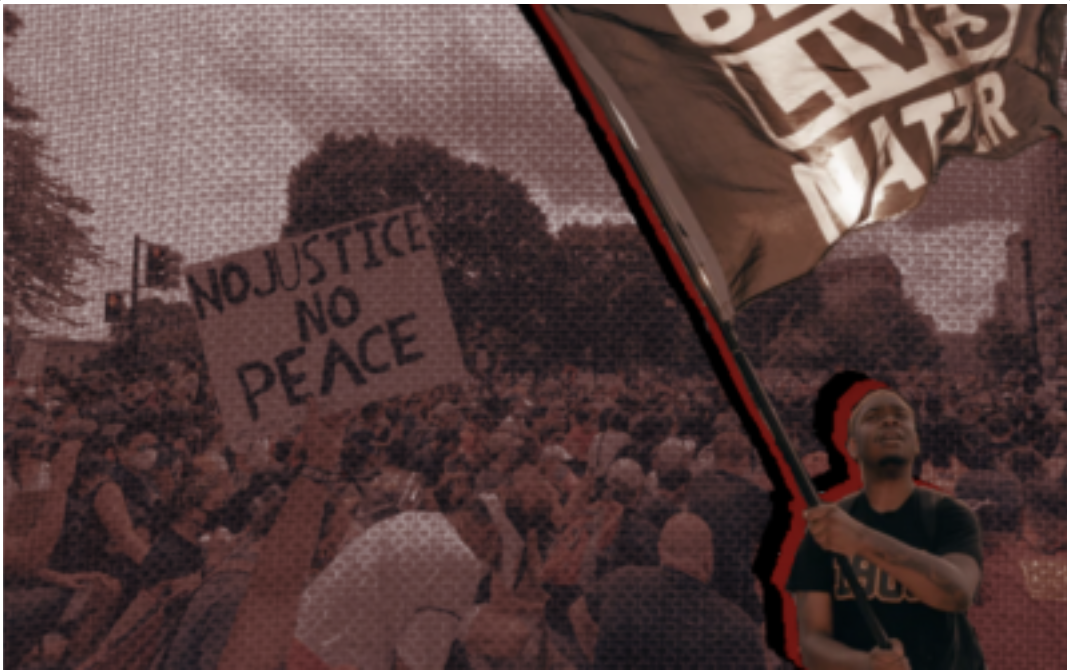Defining the Abstract: Anti-Blackness and Black Lives Matter

Interview by John Cao, Northwestern 22'
Written by Catherine Campusano, Northwestern 23'
In a conversation originally centered around racism in the United States, Professor Marquis Bey begins with an articulation of the distinction between racism and anti-Blackness now commonplace in academic African American studies. This notion of ‘anti-Blackness’ is recognized as the foundation of the very concept of American racism. Referencing Professor Kihana Miraya Ross’ recent New York Times article, “Call It What It Is: Anti-Blackness,” Bey confronts an America whose very fabric is orchestrating a very “particular, pernicious kind of marginalization.”
“Blackness is understood in a way that is more than simply a kind of epidermal or phenotypic endowment, but rather very much a positionality of bottom.”
He cites the work of philosopher Dr. Lewis R. Gordon, to postulate a form of racism where different kinds of racial and ethnic backgrounds are pushed towards Blackness, which is considered undesirable, or whiteness, which is considered desirable. This anti-Blackness extends to broader historical examples of racism.
For Bey, this can be seen in the Irish, whose proximity to Blackness was used to justify their oppression. As such, it becomes clear that there exists a template for systemic oppression, derived from the ways that Blackness has been situated within American white supremacy.
“The possibility, utility, or sensibility of being racist towards a racial population comes from a fundamental violence in prejudice against Black people, which we then call anti-Blackness...”
